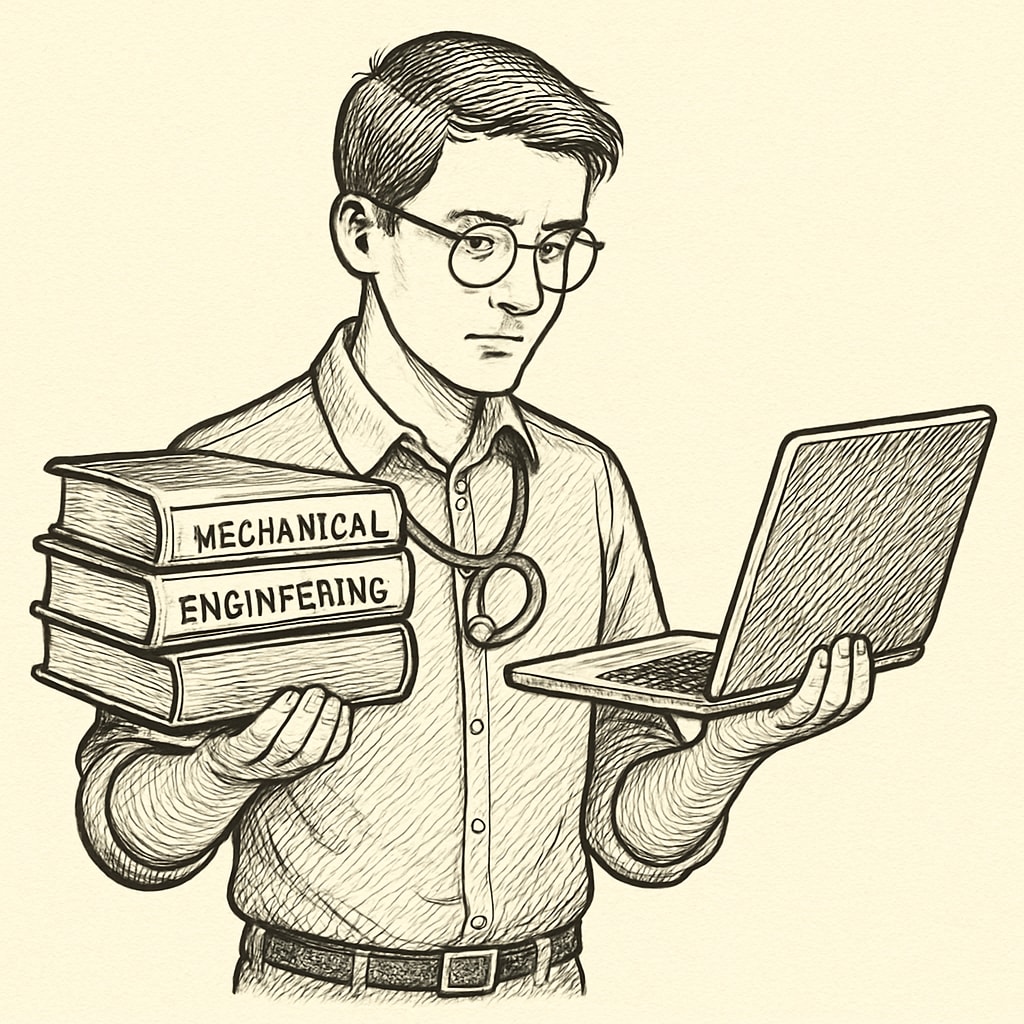Pursuing an online degree alongside a mechanical engineering major may seem daunting, yet its potential benefits for career development are worth exploring. With proper time management, students can simultaneously broaden their skill sets and enhance their employability. This article evaluates the feasibility of earning an online second degree based on factors like tuition costs, time investment, and viable alternatives, helping engineering students make informed decisions.
The Costs of Pursuing an Online Second Degree
Before committing to a dual-degree program, understanding the financial implications is crucial. Online degrees typically cost less than traditional campus-based programs, but expenses such as tuition fees, textbooks, and software still add up.
- Tuition Fees: Many online programs offer competitive pricing, but students should compare institutions to find the best value for money.
- Hidden Costs: Additional expenses, such as licensing for specialized software or technical equipment, can catch students off guard.
- Scholarship Opportunities: Fortunately, some online programs provide financial aid or scholarships for students pursuing dual degrees.
For example, platforms such as edX and Coursera offer affordable courses from top universities, allowing students to reduce costs significantly.

Time Investment and Academic Balance
Engineering programs are rigorous, requiring extensive time commitment for exams, projects, and internships. Adding an online second degree introduces new challenges related to time management. However, online programs typically provide flexible schedules that can accommodate the demands of engineering coursework.
- Time Management: Effective planning tools, such as calendars and task management apps, can help students balance their academic and personal lives.
- Credit Transfer: Some programs allow students to transfer credits between degrees, reducing the overall workload.
- Part-Time Options: Many online degrees offer part-time study options, enabling students to focus on their core engineering program while gradually completing the second degree.
For example, pursuing complementary subjects such as computer science or business management can directly enhance career prospects in engineering fields.

Alternatives to a Second Degree
While a second degree offers numerous benefits, it is not the only path to career development. Students can consider alternatives that require less time and financial investment:
- Certifications: Specialized certifications, such as Six Sigma or AutoCAD, provide targeted skills relevant to engineering careers.
- Workshops: Short-term workshops and boot camps focus on practical skills, often in emerging fields like data analytics or robotics.
- Internships: Real-world experience through internships can be equally valuable for career growth.
These alternatives offer flexibility and can be pursued alongside an engineering degree without the long-term commitment required for a second degree.
Career Impact: Is It Worth It?
Ultimately, the decision to pursue an online second degree depends on individual career goals. While the additional qualifications can boost employability, students must weigh the costs and time required against the potential benefits.
For those aiming to break into interdisciplinary roles—such as combining mechanical engineering with business or technology—a dual degree can provide a competitive edge. However, for students focused on traditional engineering roles, certifications or practical experience may suffice.
In conclusion, engineering students should carefully evaluate their circumstances and aspirations before committing to an online second degree. With proper planning and resource allocation, this investment can open doors to an enriched career path.


